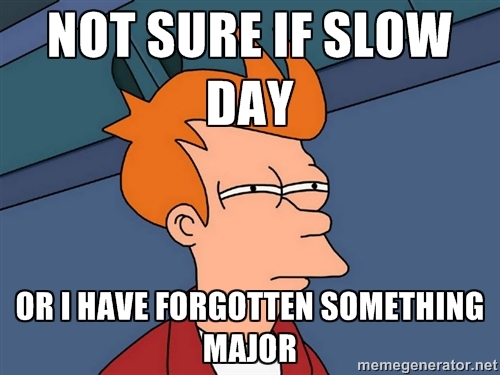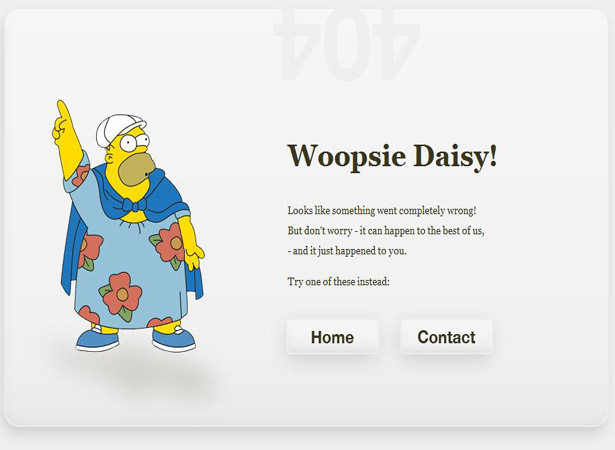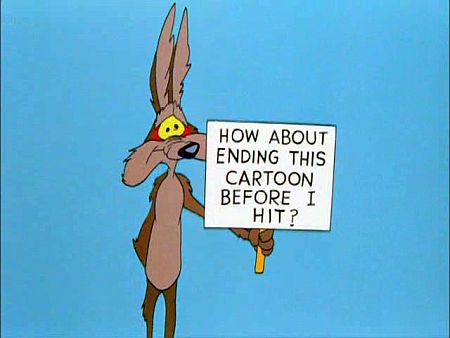The Right to be Forgotten and How it Works

One of the more interesting rulings of late, made by the European court of justice, is the right to be forgotten . One of the more interesting aspects of this ruling is that it codifies a concept, the right to be forgotten, that the EU was already considering.
This suggests that the right to be forgotten might not need any new special laws now for EU citizens and could be done by you and me right now.
What is the Right to be Forgotten?
Let’s bring back our people from last time, Persons A and B. Person A did some stupid things a long time ago such as minor cases of vandalism and hooliganism (a much less serious thing in Great Britain I assure you). Having grown up, Person A is attempting to get a job and during the course of the interview the search results for Person a come up.
Thankfully, Person A spoke the owner of the search engine used by the companies known as Person B. He asked Person B, in accordance with the law, to remove the links to the article and only the links to the article. Person B hums and hars but eventually concedes the point and removes the links from his search engine allowing Person A to get on the career ladder and eventually move on up in the world.
That’s the right to be forgotten in a single example. The concept that a man or woman has the right to be forgotten if needed. Considering some of the stuff teenagers get up to these days, is it any wonder that this is considered a needed part of legislation?
The Pro Side
Instead of what happened last time, I’ll move straight onto the pros and cons of such a move in a clear cut manner.
- It forwards privacy, as it’s no secret that what gets put onto the internet never can be removed properly. This is the closest you are going to get to digital amnesia.
- Users increase control over the data they put on the internet, meaning that those drunken photos of you at Uni can be removed from Google as a whole.
- It reinforces the concept that the location the data is gathered and who it is gathered from is the deciding factor in regards to foreign companies collecting data on EU citizens.
- It prevents pre-emptive googling and research into private lives for companies, recreating the divide between personal and professional lives.
Ultimately, the ruling for one reason or another is a good idea in my opinion. The concept that companies can research you prior to an interview is likely to explode within the next generation or two as more and more teenagers and children live their lives entirely digitally will find such a existence come to bite them on the arse.
It also re-introduces a fundamental concept of privacy that time erases all in the end; something that search engines and the internet in general is very good at erasing. In summation, it could be said that this ruling is the next logical step in forwarding privacy rights in the digital millennium and something that comes none too soon with corporations becoming increasingly data hungry in the efforts to increase profit.
The Con Side
- Eventually an automated system will be created, this will lead to mess ups and will probably see the removal of links to articles that are in the public interest to preserve. (http://www.bbc.co.uk/news/technology-27423527)
- People will misuse the facility, potentially disastrously so with paedophiles and other undesirables already attempting to get links pulled down.
- Depending on how it’s worked, it could be abused by companies as well, creating the conditions to remove unfavourable articles and links.
- Despite its benefits towards privacy, it’s also another step towards the censorship of the internet as search engines are a key feature of using the normal web.
- The Streisand Effect, the effect by which attempting to suppress something only makes it bigger, could become more common if this ruling was used on a more widespread basis.
Of course, as with everything, there are downsides to the benefits. Within a few days Google had already received requests to take down links to information that most courts would deem in the interest of public knowledge such as a doctor with negative reviews from his patients asking for links from those reviews to be removed and a man convicted of possession child abuse images requesting that the links be withdrawn.
The other downside is that mistakes will happen with any automated system like this, and it will be automated for two reasons. Firstly that the amount of requests they will receive is likely to be so high they will not be able to process them via a human in the loop. This is likely to mean that we will see another YouTube scenario enacted with this information. The other reason is that there would not be enough time in the world to put every single one of these cases through a legal battle.
Aside from the logistic issues of determining the value of removing the link vs keeping the link up, there is the issue of corporations abusing the ruling as well. An item that becomes especially tricky when you consider some laws other countries outside the EU have. Meaning that it causes another set of issues on top of what is already there.
Finally there is the issue of censorship, after all, where does one draw the line at what is in the public interest to display? Could it become the next big issue as thousands of people remove links to articles that the public should know? How will this affect other countries like the United States, Russia or India or Australia or Canada? The internet is not one separate thing different from one persons’ country to the next after all, could an American use the European court to remove unfavourable links from Google?
What can we conclude?
Simply put that this verdict, aside from the fact that the EU was likely to carry out it as law within the next few years, will cause major problems for all involved. As highlighted above there are major issues that need to be addressed with such a ruling and it will take time to work out all the issues involved. I do believe that the choice to rule in such a fashion as to create the right to be forgotten was a wise choice.
The internet, as marvellous as it is, holds so much power over our lives. We dump billions upon billions of bytes of data every week and ultimately the power of such data should be in the hands of those who create the data. Balancing the choice between public interest and the right to privacy is not an easy balance to strike but it’s better that it’s handled in some fashion than not handled before and I seriously doubt those photos of when you threw up on that lovely pavement count as public interest 😉












Leave a Reply